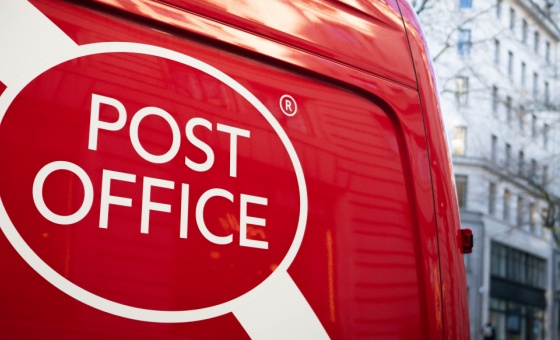This is the last article you can read this month
You can read more article this month
You can read more articles this month
Sorry your limit is up for this month
Reset on:
Please help support the Morning Star by subscribing here
“We have to make the hard choices.”
“If we raise the minimum wage, unemployment will increase.”
“If we spend money on social programmes, our grandchildren will pay for it.”
“If we don’t cut benefits, social security will become bankrupt.”
How often have we seen these ideas, splashed across the newspapers, dribbling from the corporate mouthparts of the pundit class or floating in the muck of right-wing plans to “reform” us back to the gilded age?
All of these ideas offer a “hard choice,” an either/or. Either we have living wages or we have jobs, either we foot the bill or our kids will, either today’s senior citizens give up some of what they’ve earned or tomorrow’s seniors will get nothing.
In other words, either we hurt the working class or we hurt the working class.
In philosophy, this kind of argument is called a false binary — a fallacy where someone offers two choices as the only possibilities, deliberately excluding other options.
In the case of these right-wing talking points, the option no-one wants to mention is taxing the rich and cutting corporate subsidies to invest in social welfare, good jobs and education.
It’s not hard to see why the ruling classes use this technique. They want to make workers think that our only choice is between how and when we pay to keep their profits flowing. They want to hide the real choice between paying and making them pay.
We would be wrong to think that this self-serving nonsense is somehow new, a creation of a particularly predatory ruling class or an increasingly fanatical right wing.
The truth is that this fallacy is written in the DNA of capitalism. The basis of capitalist economics is the idea that there isn’t enough to go around, that somebody is going to have to go without.
We can see it in the classical definition of economics — “the science of allocating scarce resources to maximise the achievement of competing ends.”
In other words, there isn’t enough to go around — somebody is going to have to go without.
We can see it in the way people talk about education, not as a way of forming citizens for a democracy but as a way of training young people to compete in an increasingly ruthless job market.
There isn’t enough to go around — somebody will have to go without.
We see it every time bosses ask for give-backs and benefit cuts, or lay off another round of workers to “stay competitive.”
There isn’t enough to go around — somebody will have to go without.
We see it in the thousands of advertisements claiming to help working people “stretch their dollar,” in countless finger-wagging admonishments to “live within our means” as wages stagnate and prices increase.
There isn’t enough to go around, so the working class can go without.
To scarcity, to going without, to this inhuman and predatory economics, we say enough.
We, the working class, have had enough of scrimping and scraping and going without.
We, as a society, have enough to go around.
Our labour has generated untold wealth, now concentrated in the hands of the few while the many go without.
If we think in terms of Martin Luther King’s “radical revolution in values,” it is time to replace the economics of scarcity with a new economics of abundance, whose first principle is that however much there is, there is enough to go around.
We might look to tiny Cuba, strangled and impoverished by the US economic blockade, whose entire GDP is scarcely more than the $60 billion a year the US loses to legal corporate tax dodges.
With its limited resources, Cuba provides housing, education, food, and healthcare to every one of its citizens.
This is what the story of loaves and fishes, the feeding of the multitudes by fair distribution, looks like in the modern world. If it is a miracle, it is one that we can work for ourselves. We must break, once and for all, with the myth of scarcity.
We are faced with a choice of who will pay to rebuild our infrastructure, educate our children and transition to a green economy. We will not, cannot, pay and neither can our children or grandchildren.
So make the billionaires pay. They might have to cut back on buying private islands and elections, but isn’t it time they go without for a change?
This article appeared at peoples-world.org









